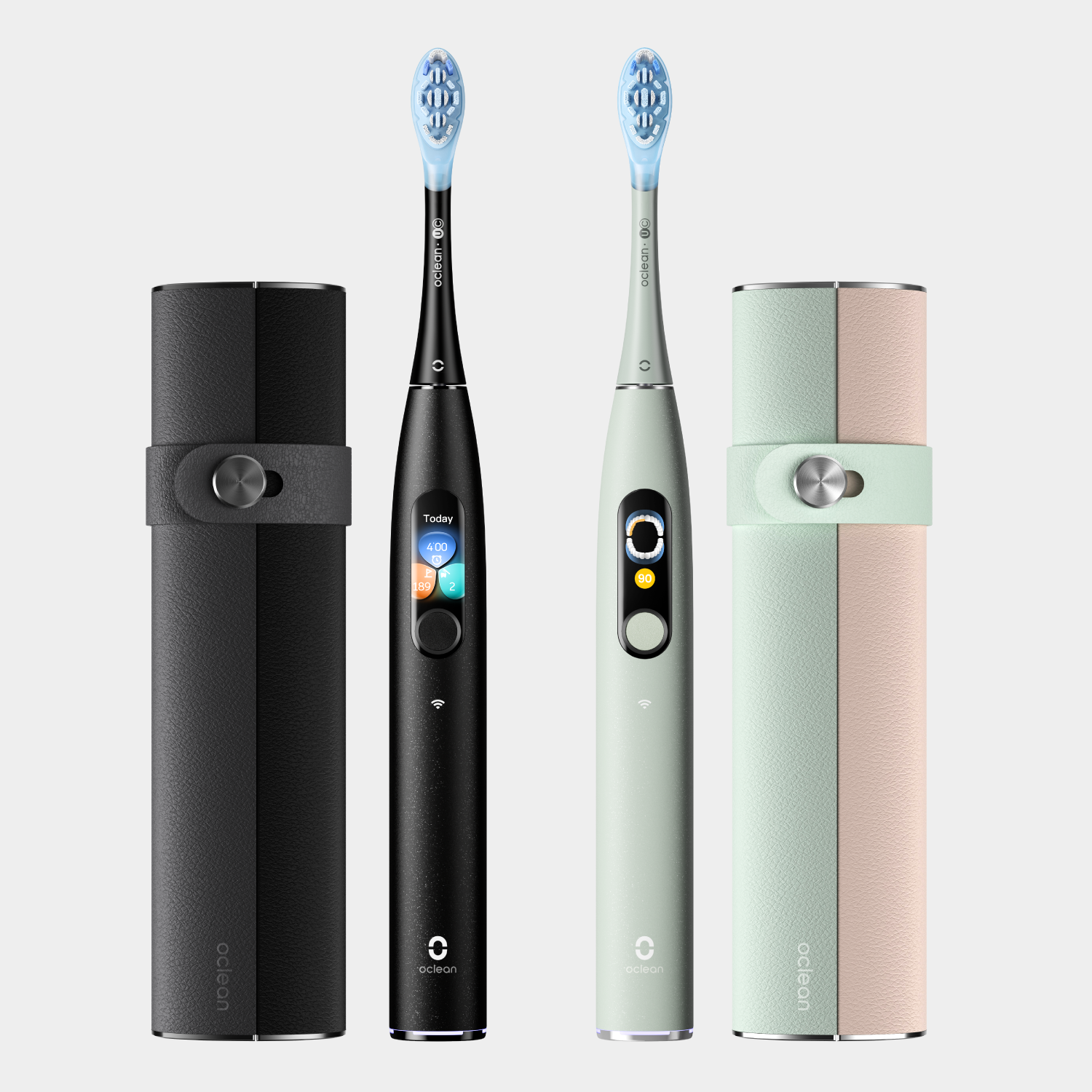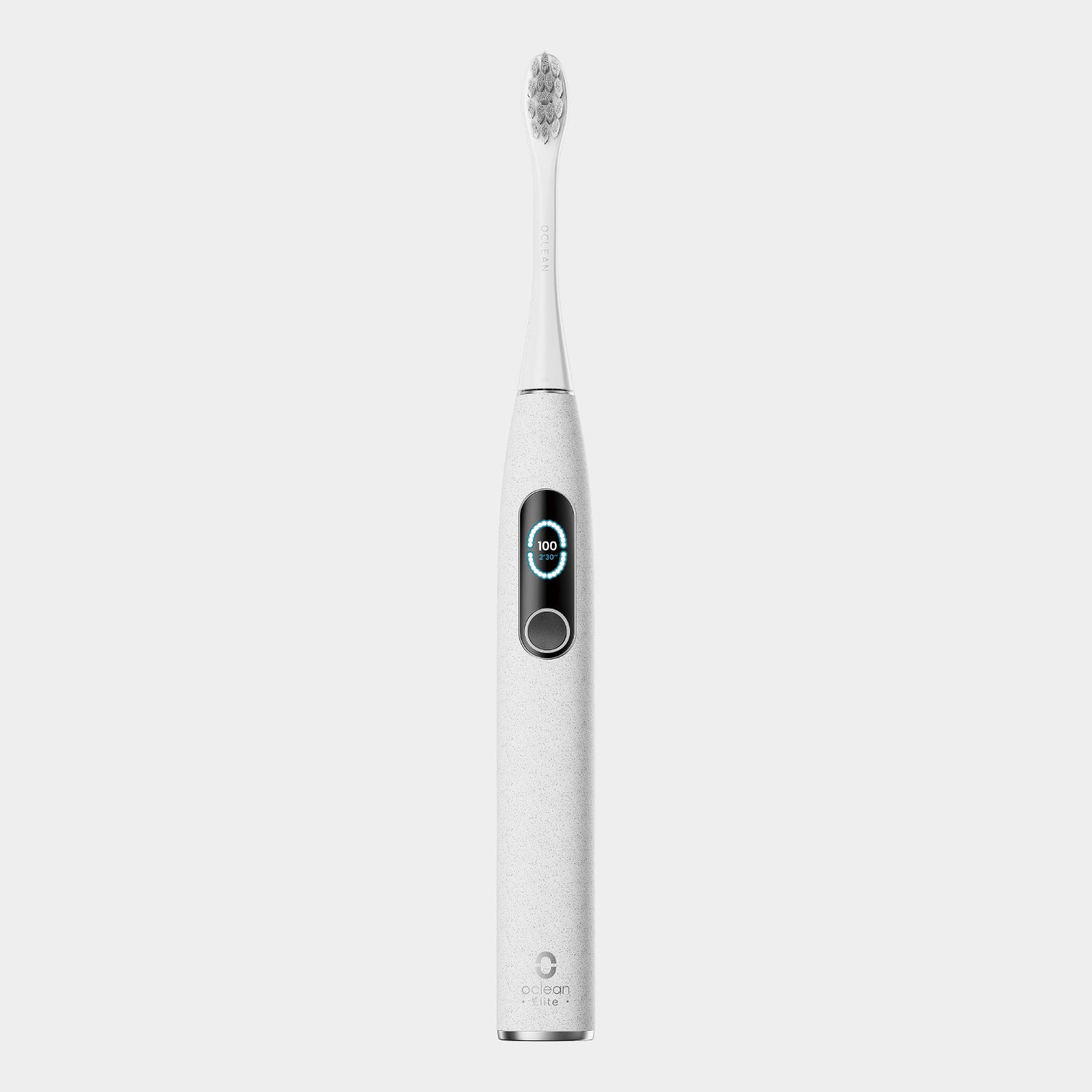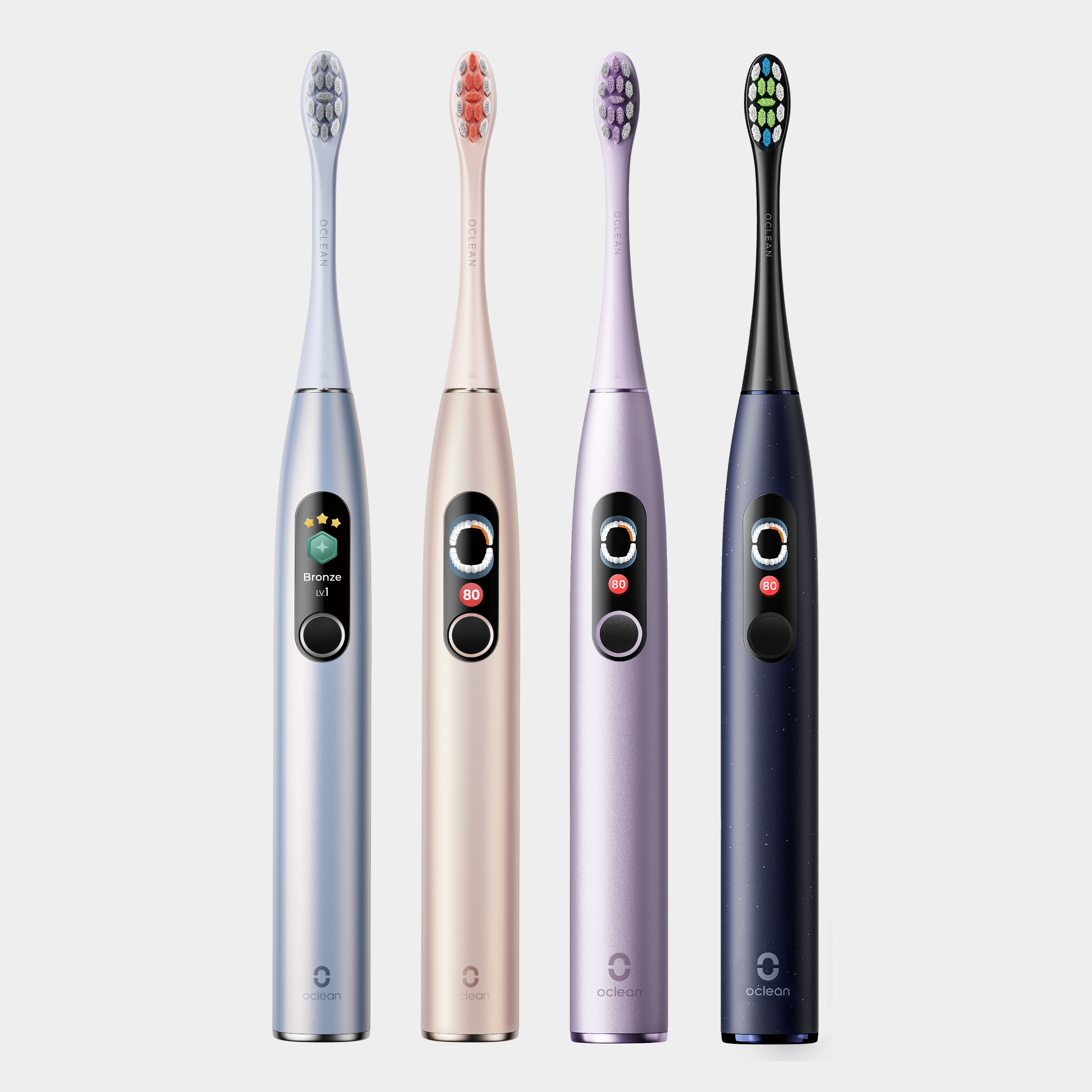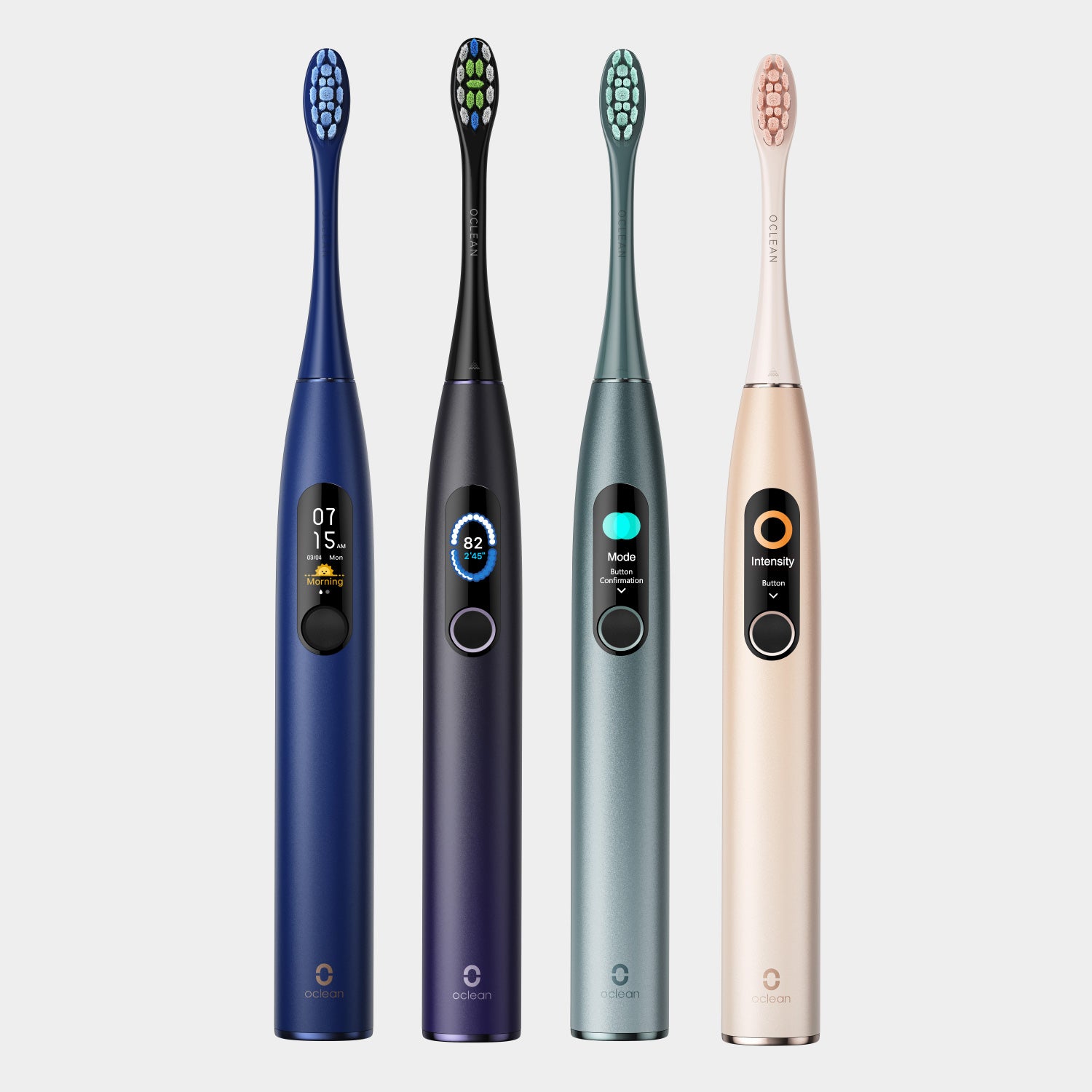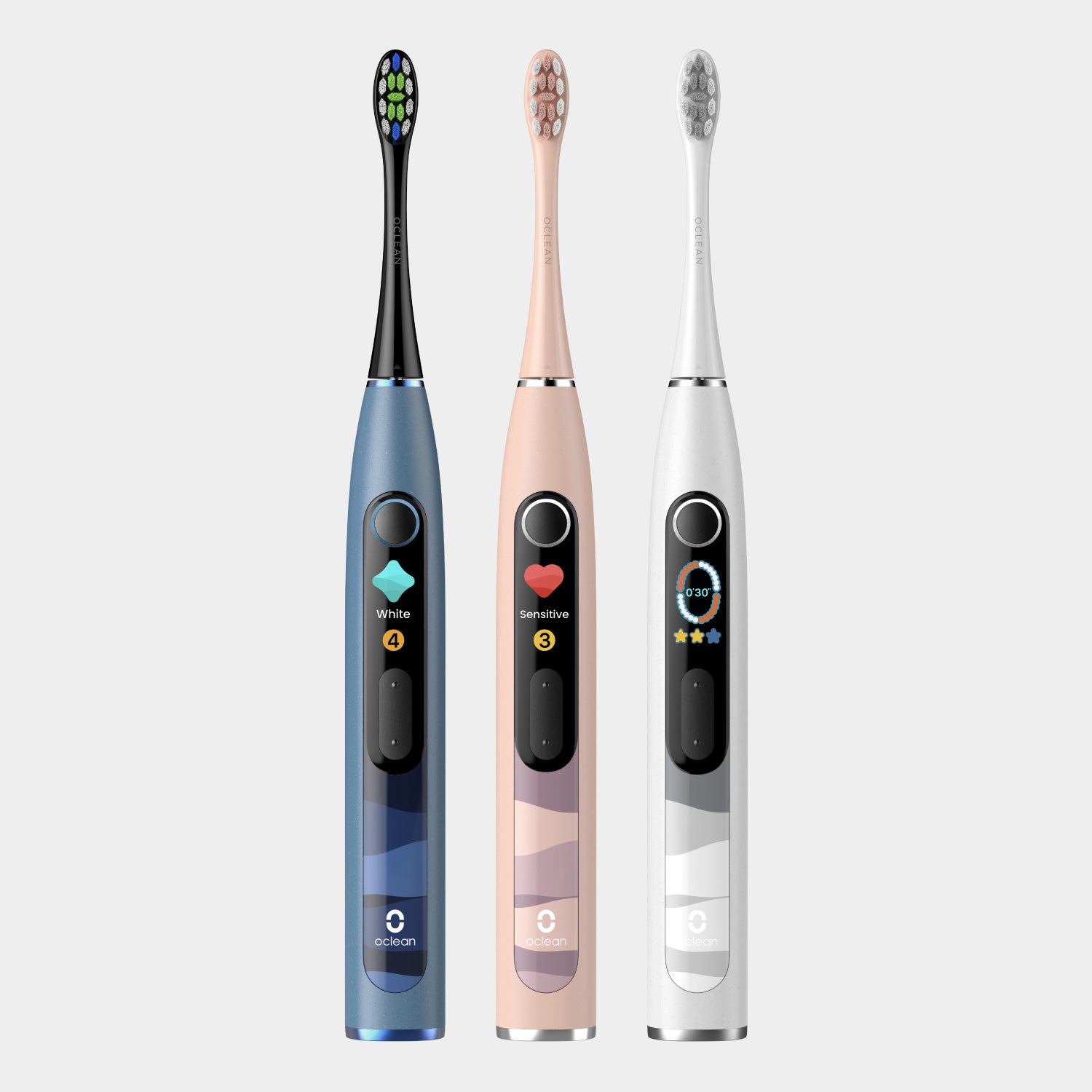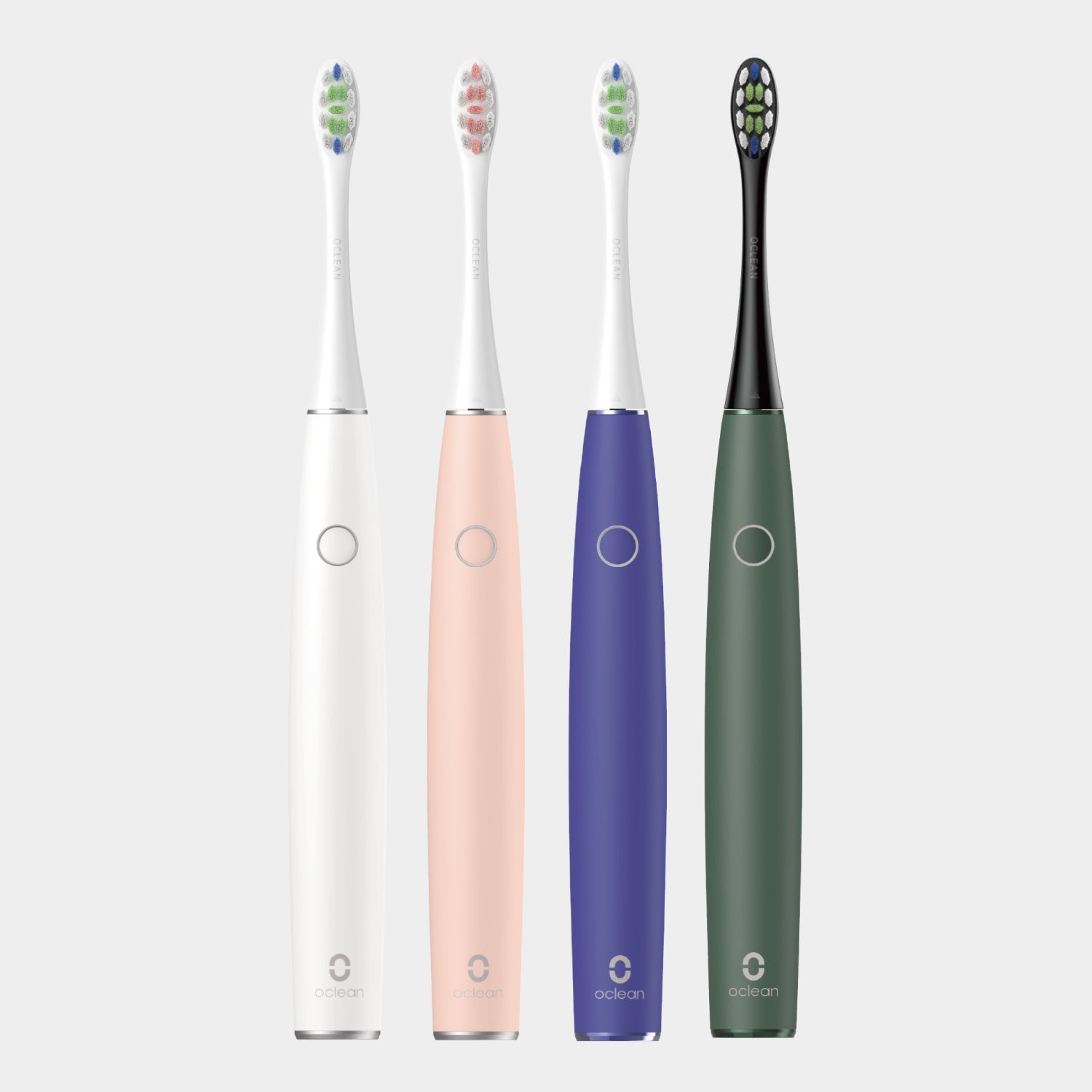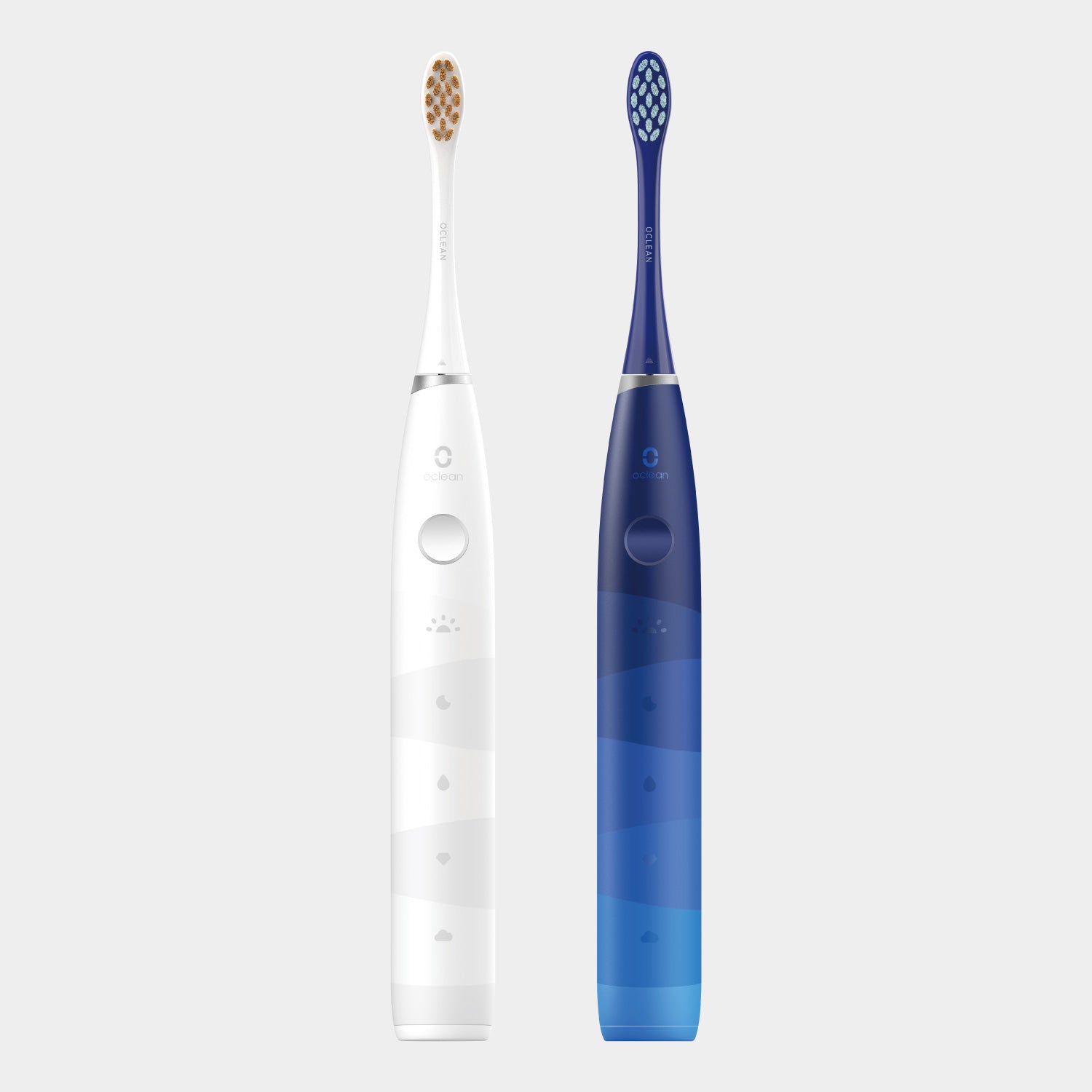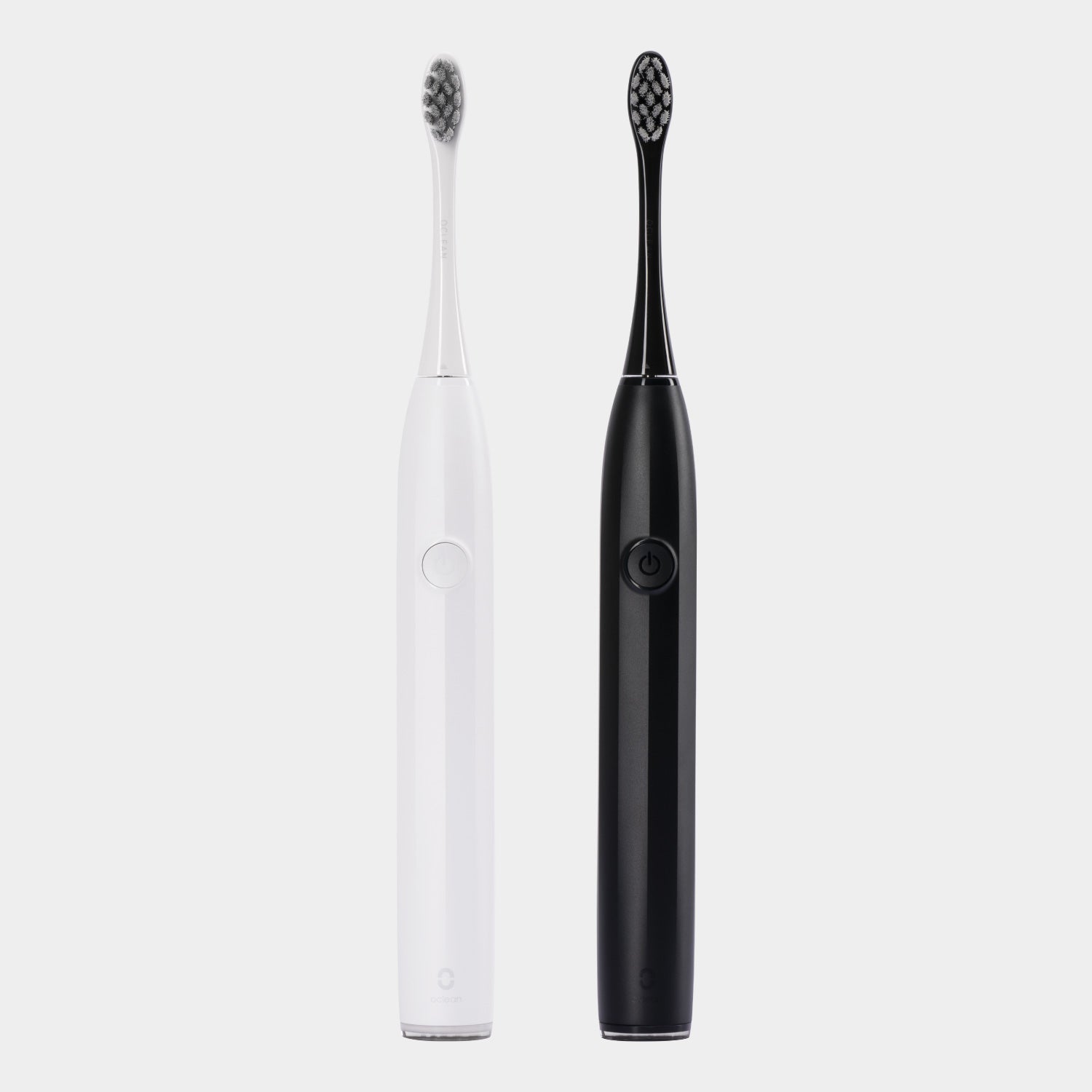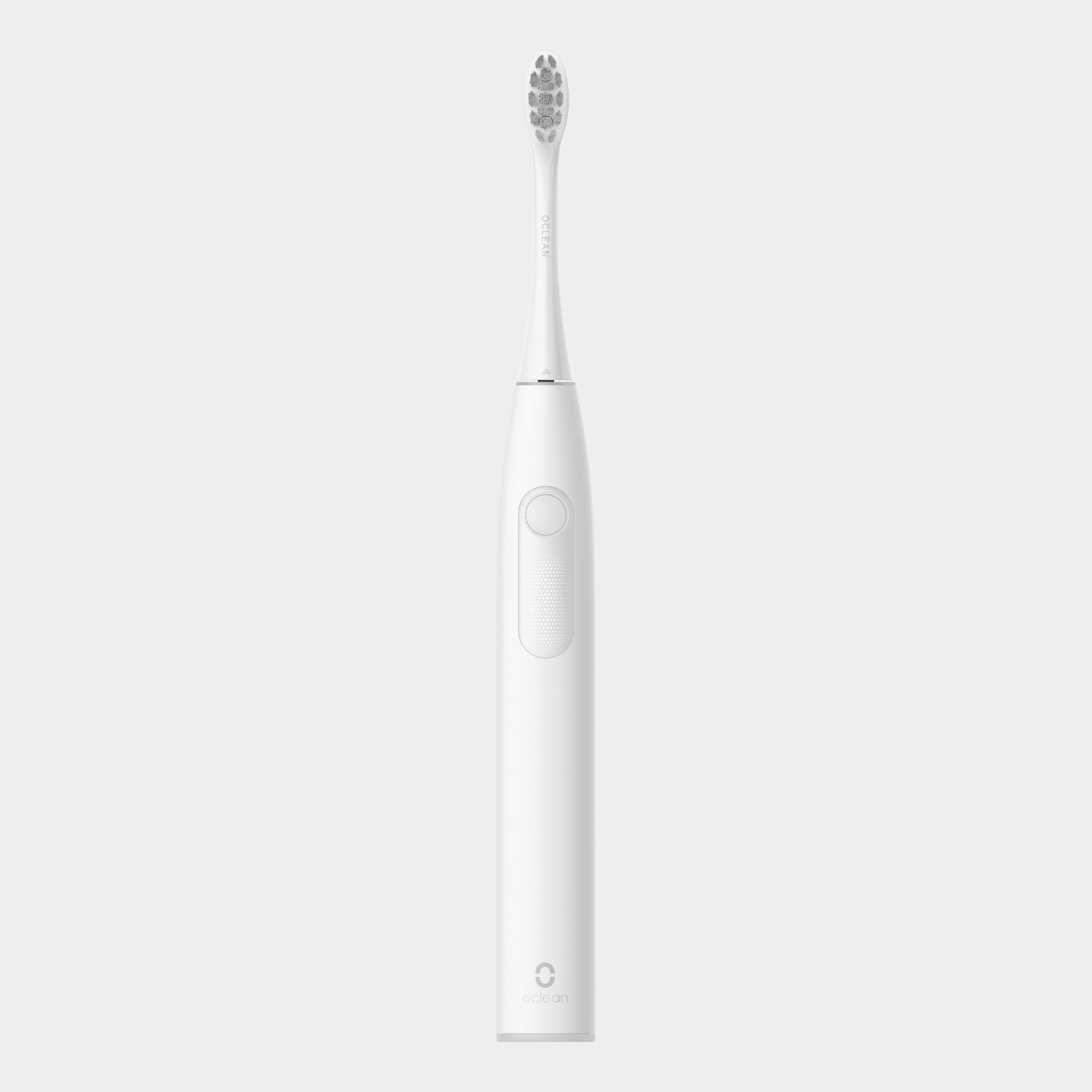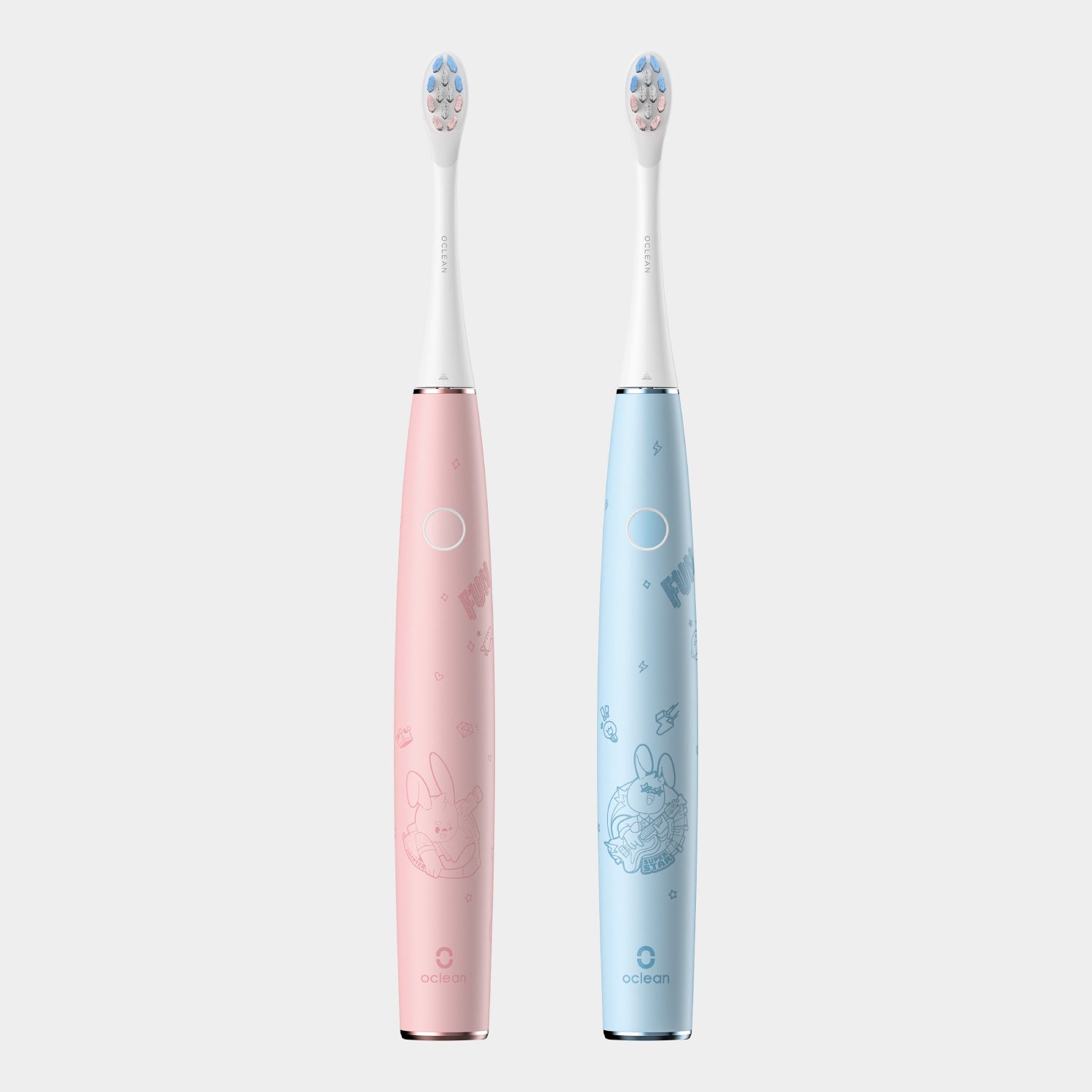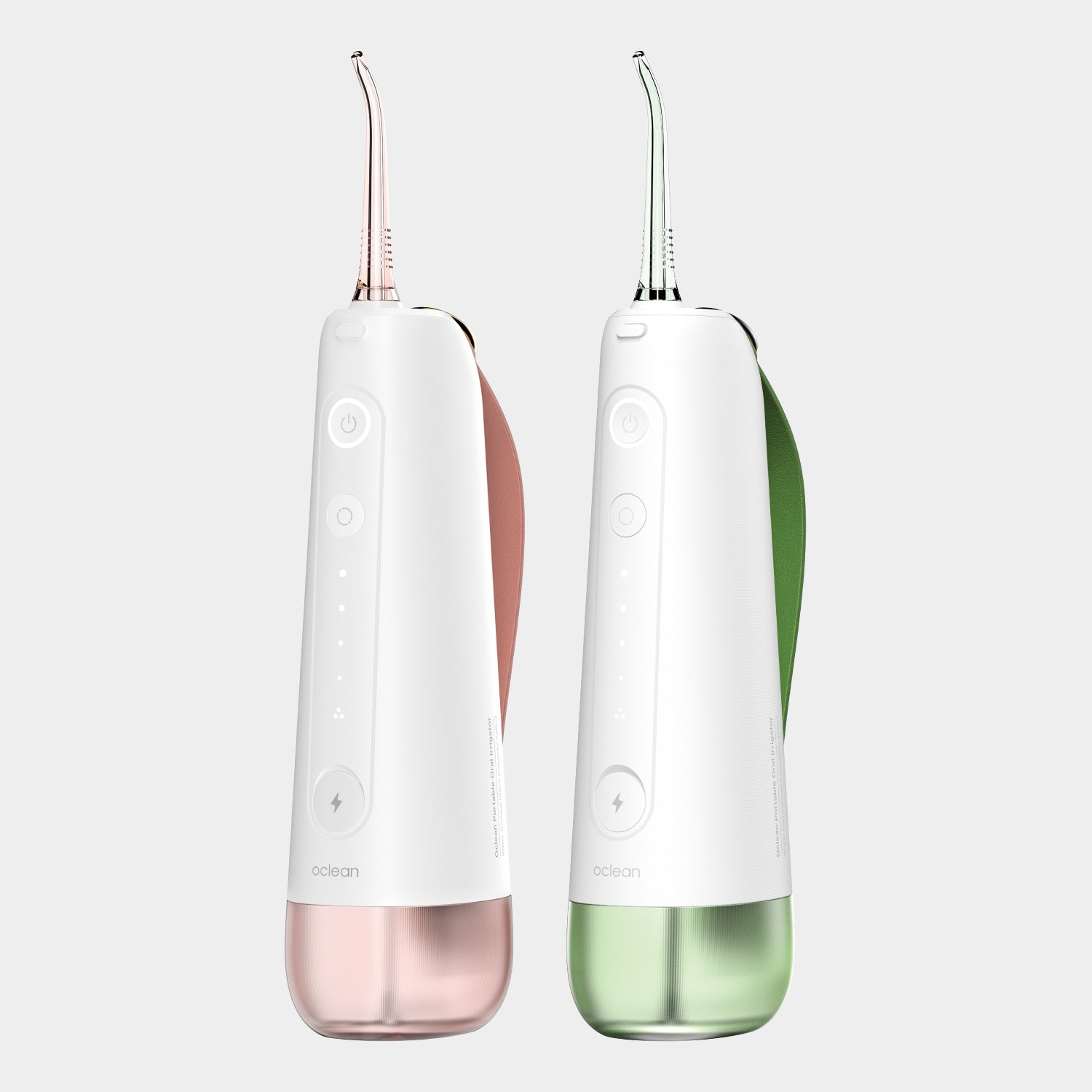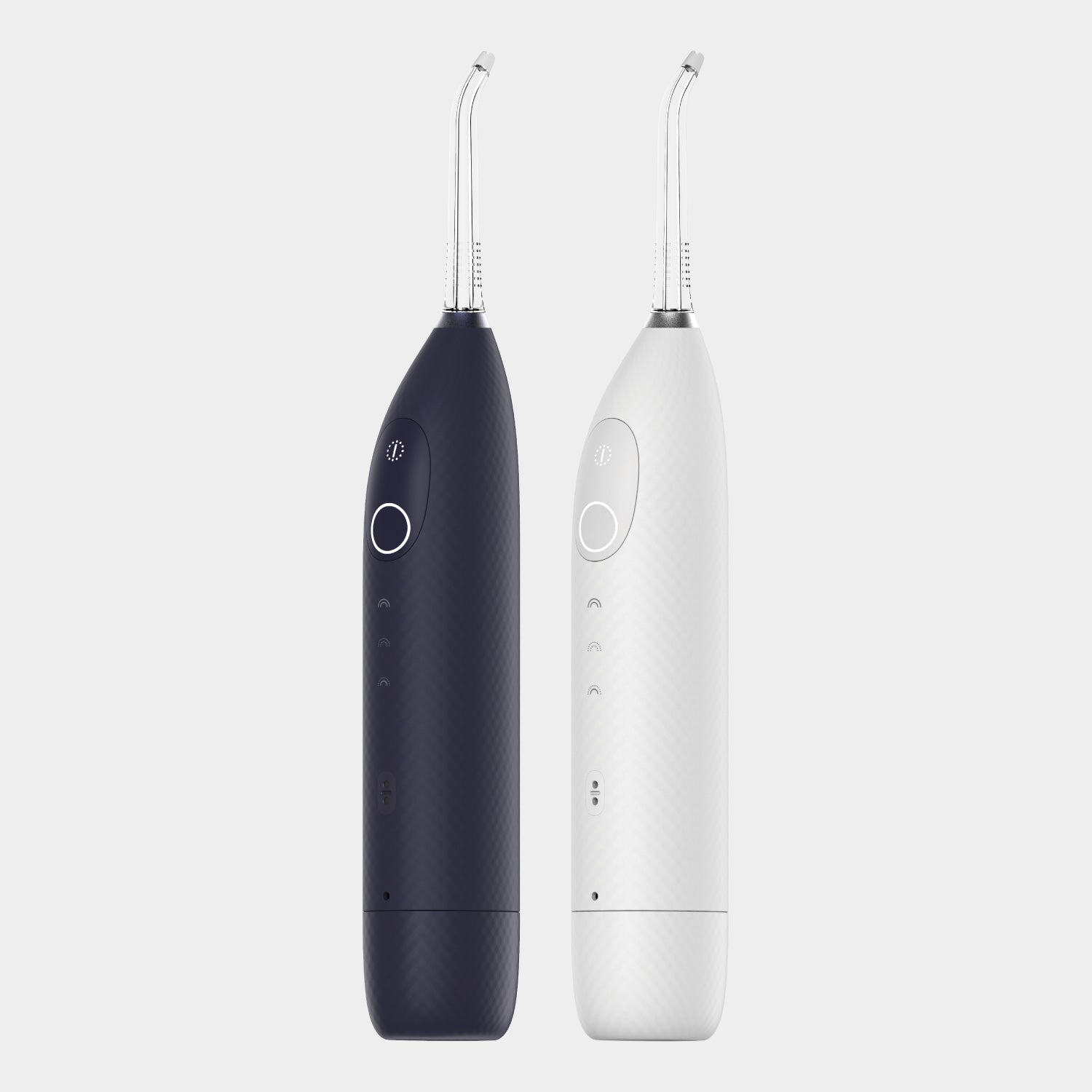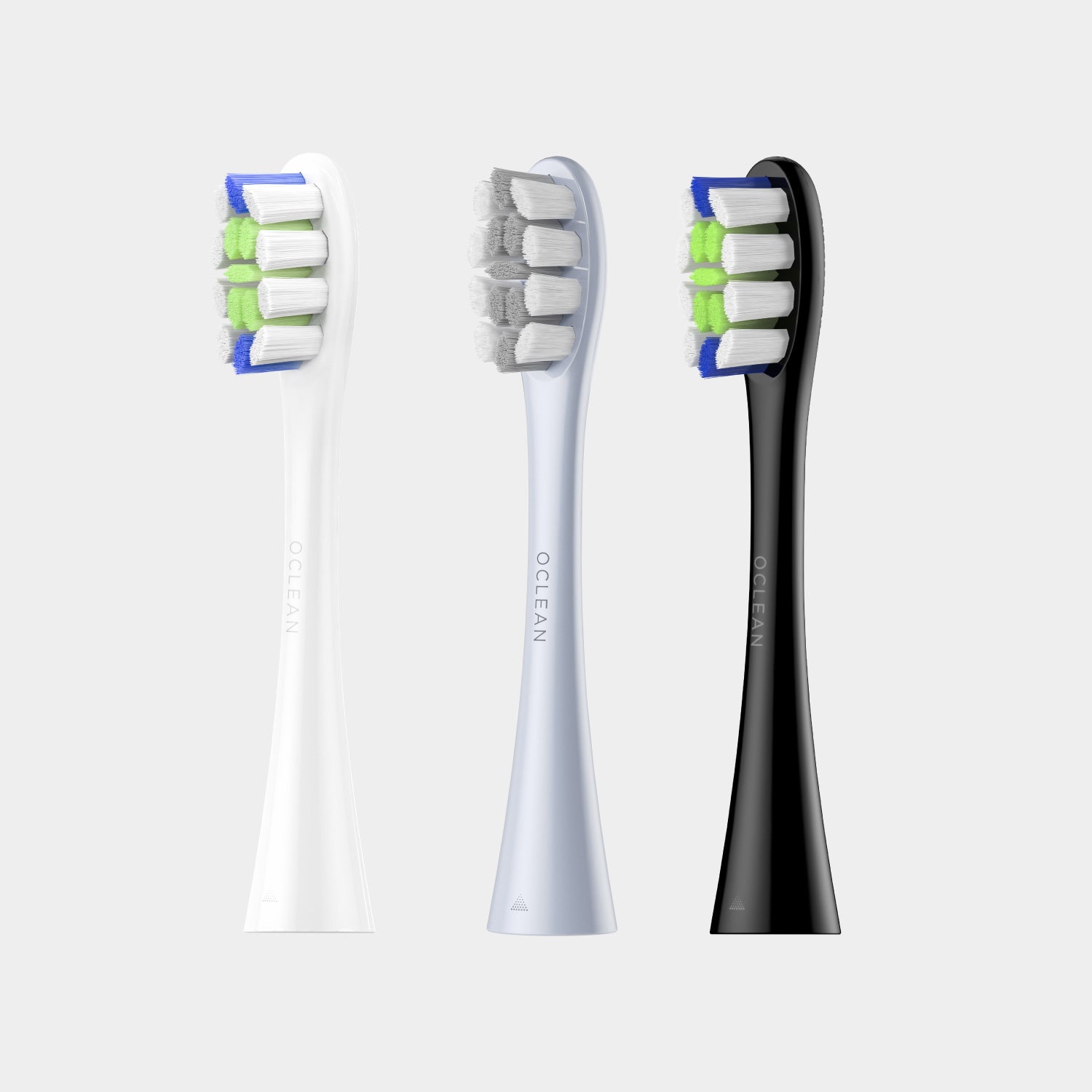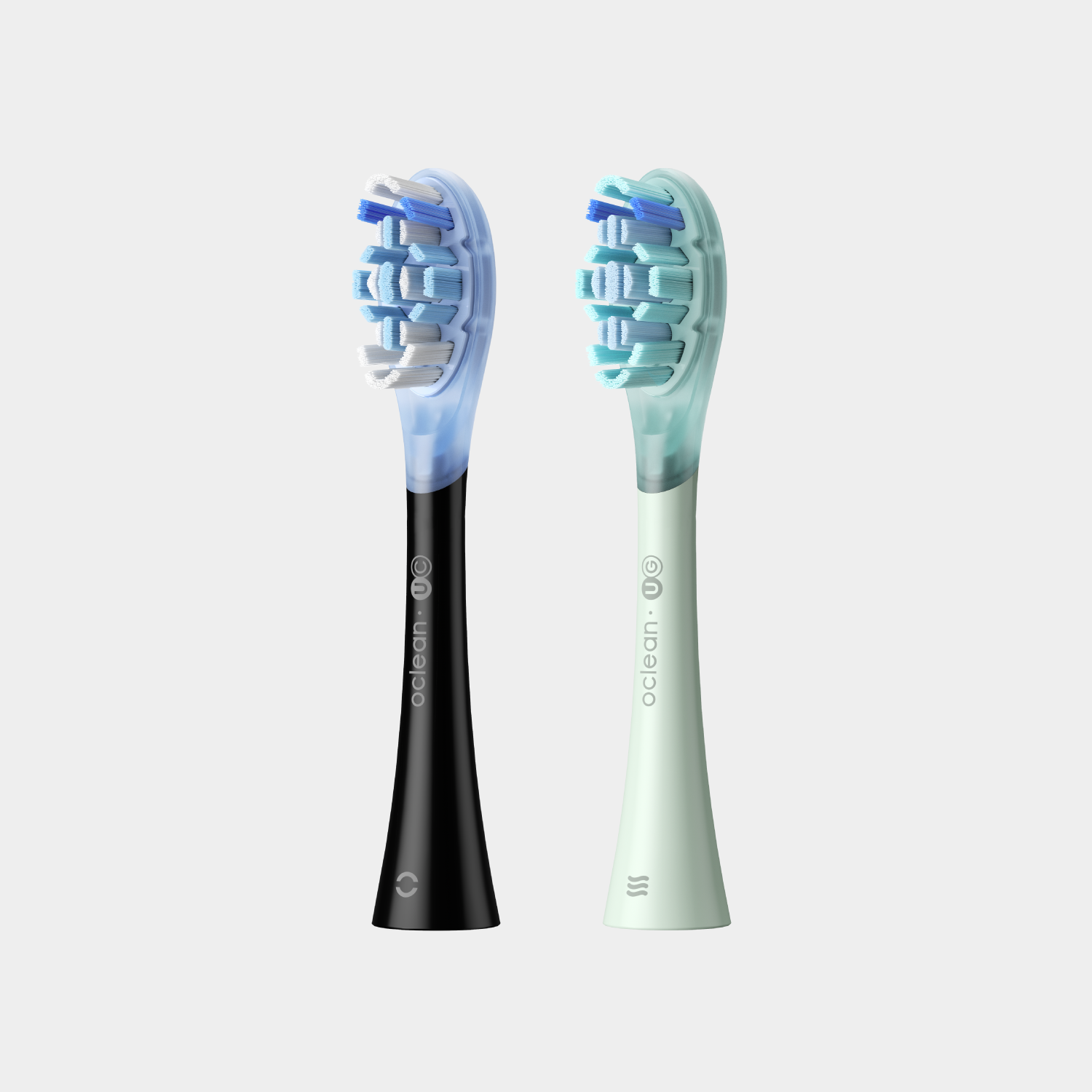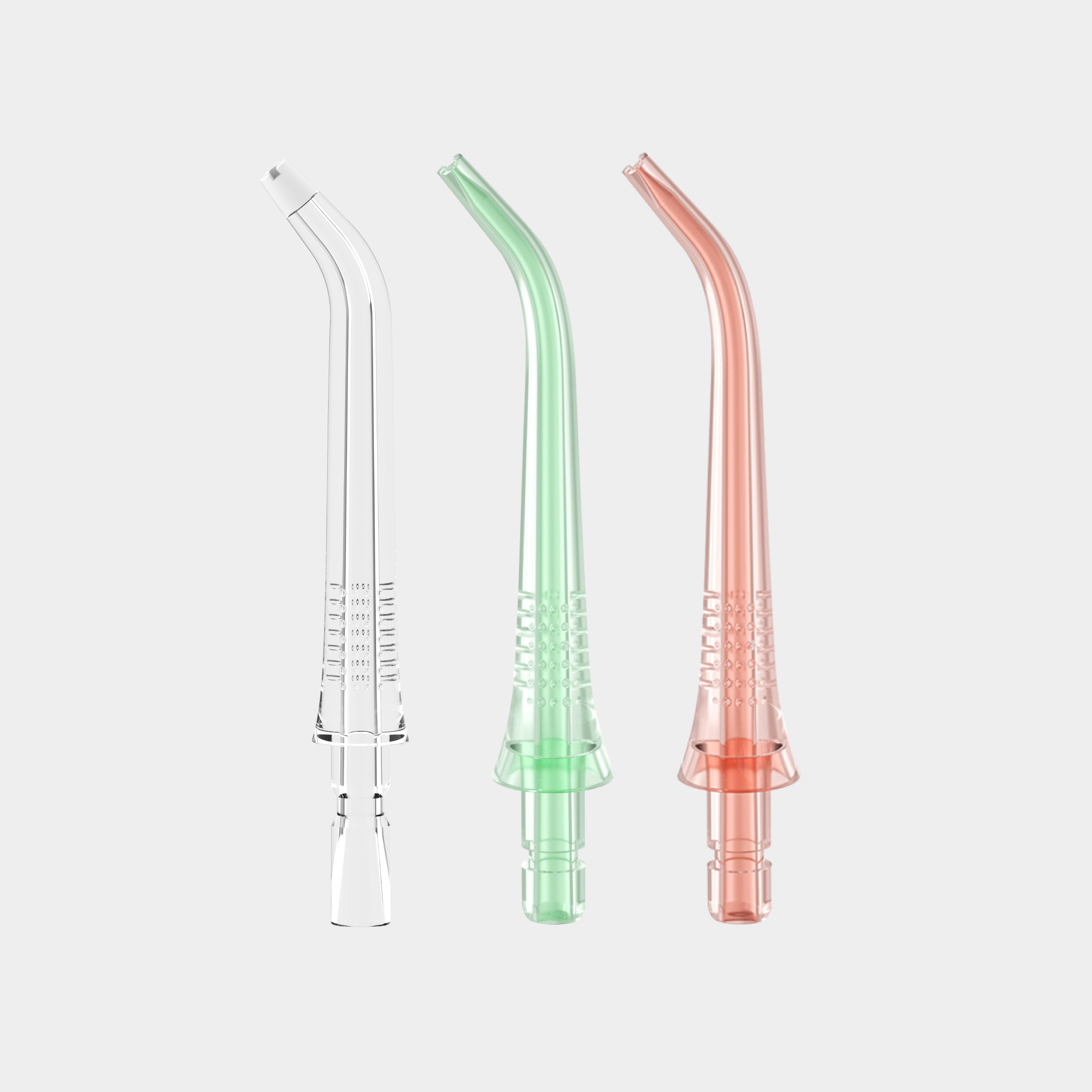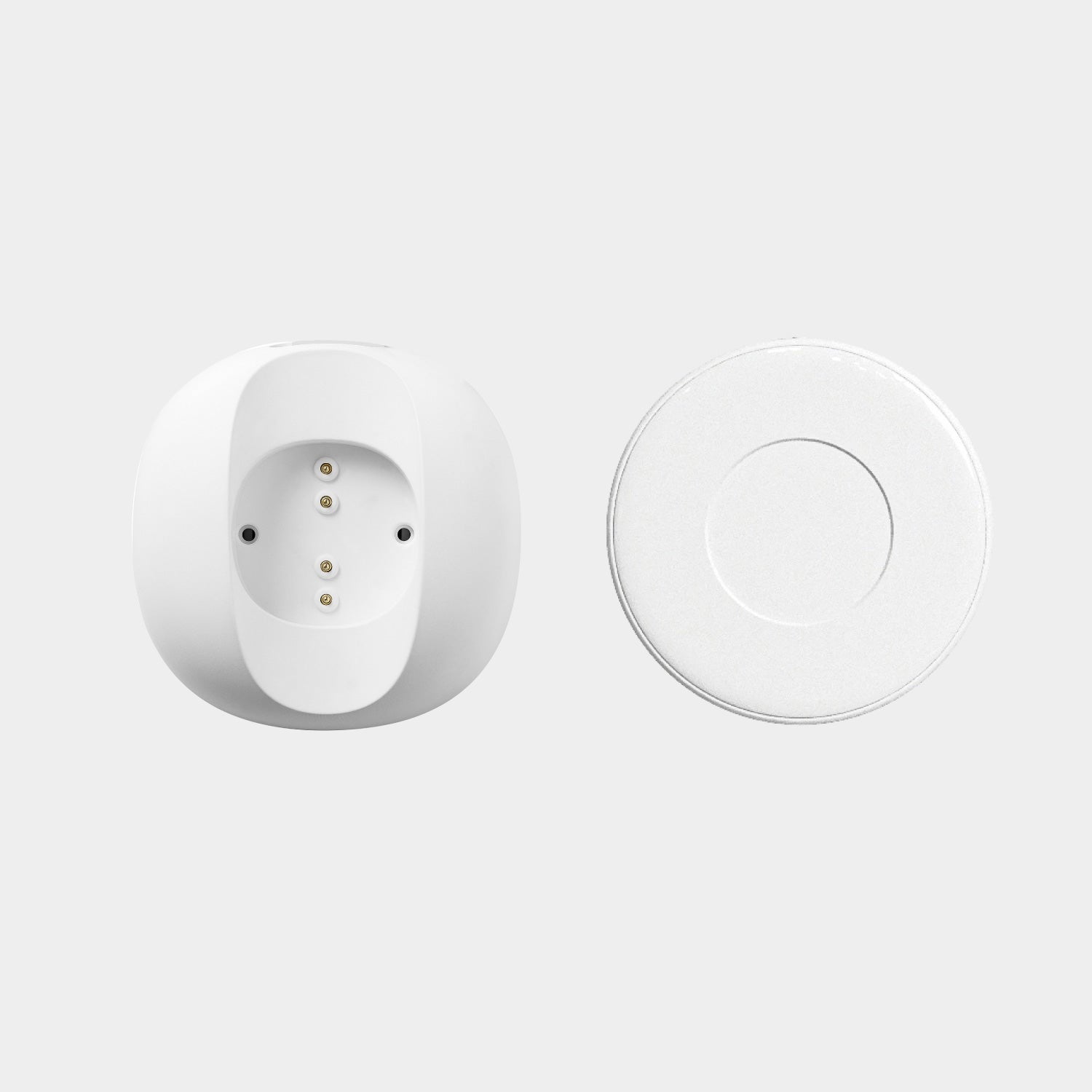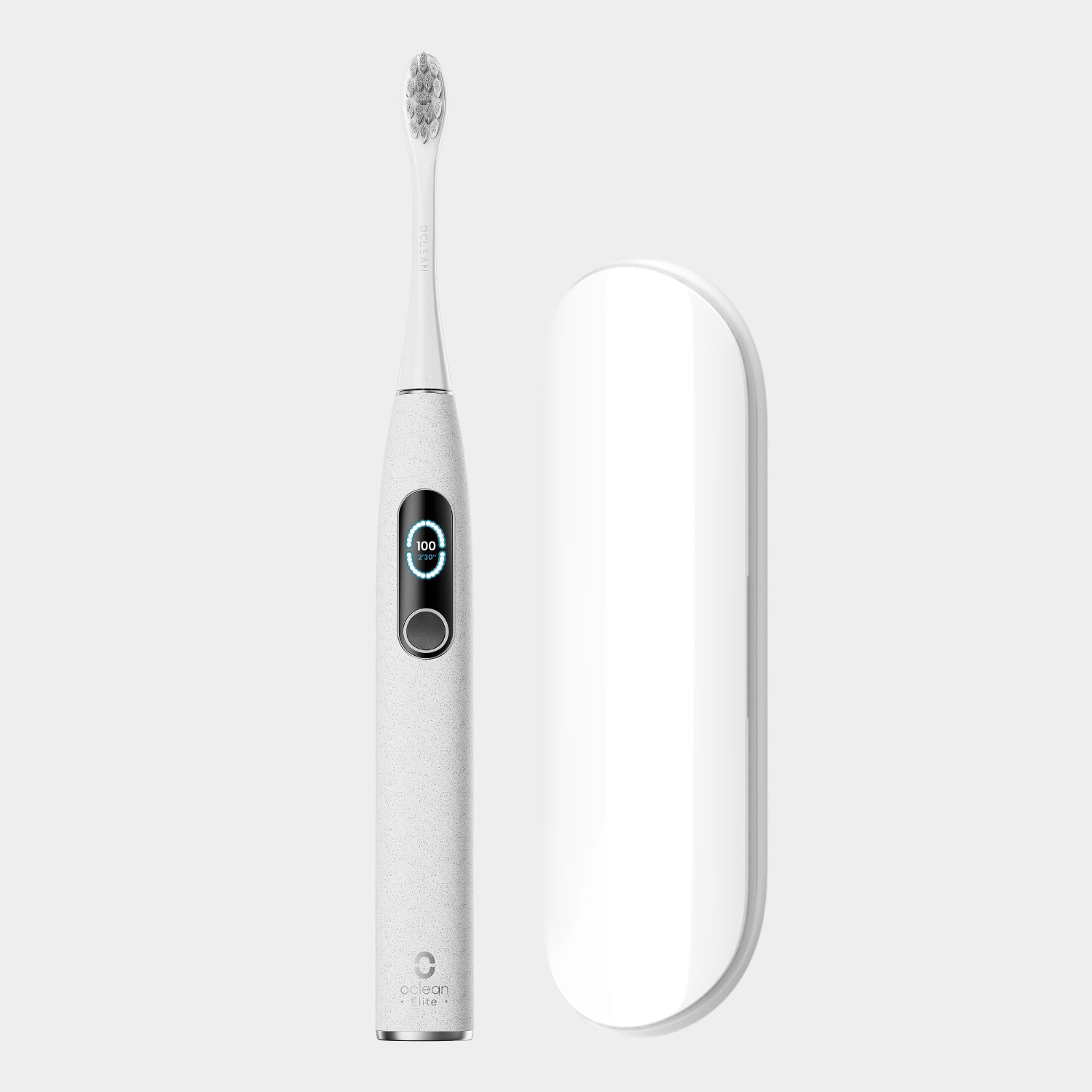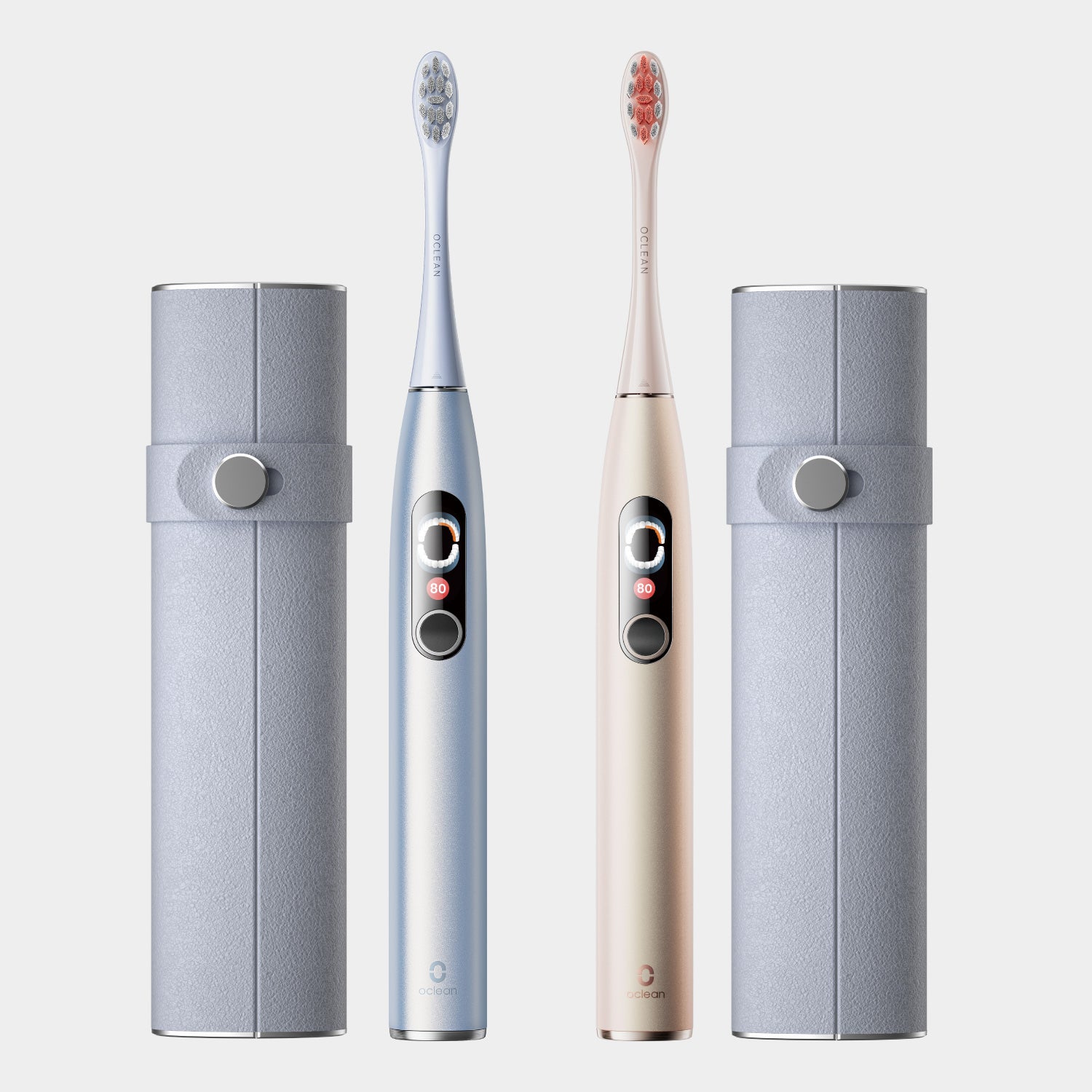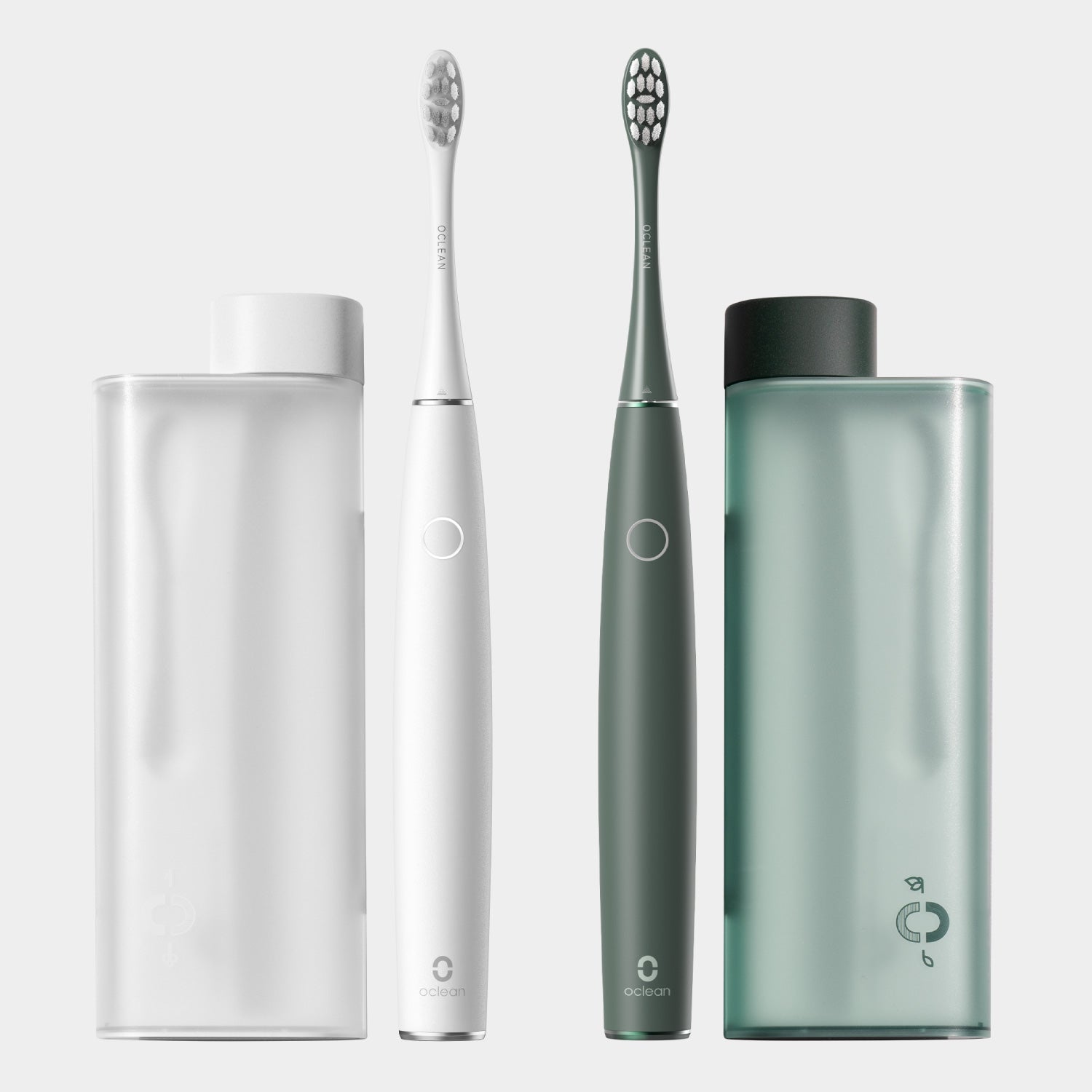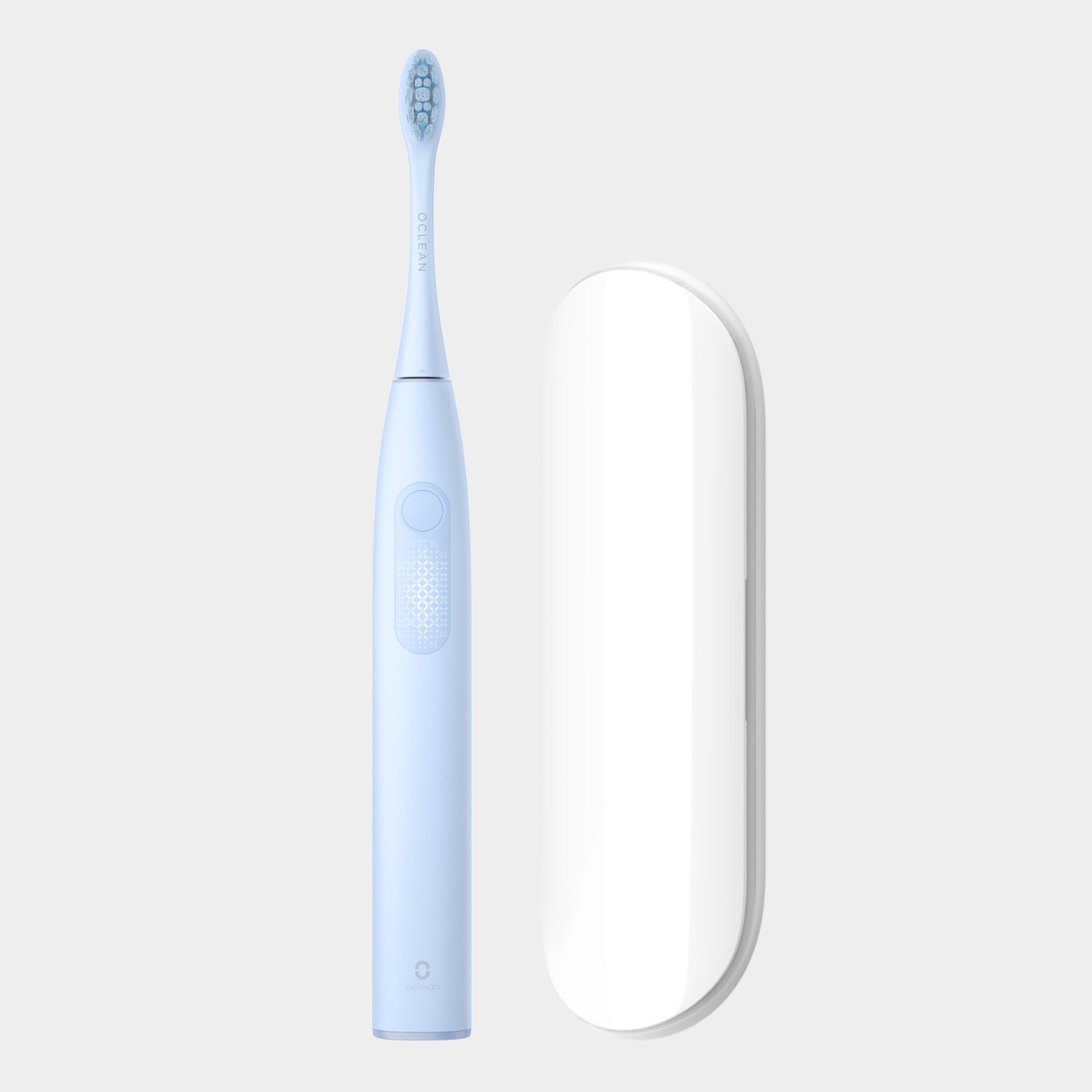The perfect oral care routine includes more features than just brushing to effectively protect your teeth. However, some of them are often skipped as they require more effort and take more time, such as flossing.
While every dentist recommends flossing at least once a day, most people think brushing twice is enough to protect their teeth.
In reality, flossing is as important as brushing. Therefore, skipping this essential step can have serious repercussions on your oral health.
We'll explain in this article what happens if you don't floss.
Is it ok if you don't floss?
The short answer is no. Although you might not note any immediate changes, flossing is an essential practice for good oral health.
The toothbrush alone cannot reach and clean in between teeth properly. Therefore, flossing is the only way to remove plaque and food leftovers in those areas.
Even if your teeth feel clean and smooth after brushing, bacteria remain in between them if you don't floss. Moreover, these bacteria are capable of causing grave conditions such as cavities, gums disease, and even tooth loss.
Fortunately, there are other alternatives similar to floss which can help you achieve good oral hygiene. Oclean offers high-quality smart toothbrush and water flossers to improve your flossing experience. These devices, such as the Oclean W10 Water Flosser spray water to help clean in between your teeth. Moreover, they are particularly useful for cleaning brackets and dental bridges.
What happens if you haven't flossed in a while?
Some changes can be noticed after a few days or weeks without flossing, such as:
- Halitosis:
Halitosis, commonly known as bad breath, is one of the first things you will notice.
Bacteria begin eating the food stuck between your teeth. This causes it to release an unpleasant odor after a few days. Although it may just be noticed by you at the beginning, it can get stronger until it becomes an issue.
- Gums disease:
The main benefit of flossing is that it is the only efficient way to remove plaque between the teeth.
Plaque is a sticky film containing bacteria that attaches to the teeth' surface. These bacteria can proliferate quickly and attack the gums close to them, causing gum disease, also known as gingivitis.
When the gums are affected, they turn red and swollen and are highly prone to bleeding, especially while brushing.
What happens if you haven't flossed in a year?
Oral health deteriorates even further after a year without flossing.
- Cavities:
Bacteria present in plaque can also damage the teeth after a few months or years.
These bacteria between teeth start producing acids that affect the tooth and result in cavities.
- Periodontitis:
Periodontitis is the evolved form of gingivitis. This condition affects the bone around the tooth and causes irreversible damage. Also, periodontitis can even result in tooth loss if not treated on time.
- Infections:
Bacteria can cause infections or abscesses when there isn't good oral care. This can cause more grave health complications and require medical attention.
Conclusively, flossing once every day is essential to achieve good oral health and prevent conditions such as cavities and gum disease.
*Cover image from Freepik@ArtPhoto_studio, we will delete it if constitutes infringement *
Related Readings:
Can You Bring an Electric Toothbrush on a Plane
How Many Calories Are in Toothpaste
What Happens if You Swallow Toothpaste
Are Charcoal Toothbrushes Safe


